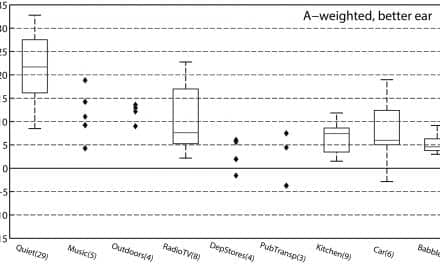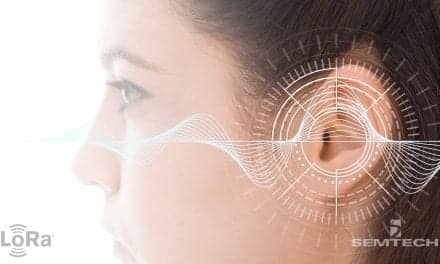Neuroscience company Cognivue, Inc announced the initiation of COG-COVID19, an open-label, prospective, two-armed comparison clinical study to assess the impact of COVID-19 on cognitive function.
Related article: COVID-19 Associated with Hearing Loss, Study Shows
Researchers from the University of Southern California, Case Western Reserve University, and the University of California Irvine are collaborating on the 24-month, 1,000-person study. Enrollment is now underway for the investigation, which will compare the impact of the coronavirus on the cognitive function of 500 participants who have been diagnosed, treated, and recovered from COVID-19, versus 500 uninfected participants.
The primary endpoint is to evaluate the percentage of cognitive decline observed in both study arms using assessments of Cognivue Clarity, the Mini-Mental State Exam (MMSE), and the Montreal Cognitive Assessment (MoCA).
“Cognitive impairment is a frequent and persistent issue among patients either recovered or recovering from critical illness such as COVID-19,” said Dr Fred Ma, principal investigator and medical monitor of the study, and chief medical officer & senior vice president at Cognivue. “The direct impact of the pandemic on cognitive function and the indirect effects that result from the increased frequency and severity of psychiatric disorders, including post-COVID-19 syndrome (long-haul syndrome), emphasize the need for prospective monitoring and management of cognitive dysfunction. Cognitive function testing should be part of the recovery plan for individuals who experience the direct or indirect whiplash of COVID-19.”
Cognivue Clarity is an FDA-cleared computerized testing tool designed to assess early signs of cognitive impairment. The technology “objectively, quantitatively, and reliably identifies changes in cognitive function that could be indicative of an impairment that patients may optimally treat or manage,” according to the company’s description. Using adaptive psychophysics, Cognivue Clarity focuses on cortical information processing by testing key cognitive domains. The test results include an overall average score and an average score across six domains including memory, visuospatial, executive functions, naming/language, memory, delayed recall, and abstraction, as well as two performance measures with reaction time and speed processing.
The study will also have a secondary endpoint to see the correlation of depression and anxiety scales (ie, Patient Health Questionnaire-9 (PHQ-9) and/or Geriatric Depression Scale (GDS)) with Cognivue scores while comparing the trend of the difference between both study arms.
Earlier this year, Ma conducted a study titled “COVID-19-Related Stressors and the Role of Cognitive Assessment.” Of the 693 respondents surveyed, 63.5% reported anxious symptoms—of which 26.6% were new onset; and 51.7% reported depressive symptoms—of which 21.1 % were new onset. Overall 20.8% described a worsening of their cognitive health since the pandemic began, with a greater likelihood of such among those who also experiences worsening of a health-related issue.
“The prevalence of stressors known to affect cognitive function has increased during the pandemic, underscoring the necessity of proactively establishing routine neurocognitive assessment in clinical practice in order to better mitigate the impending mental health crisis,” Ma said.
Source: Cognivue





